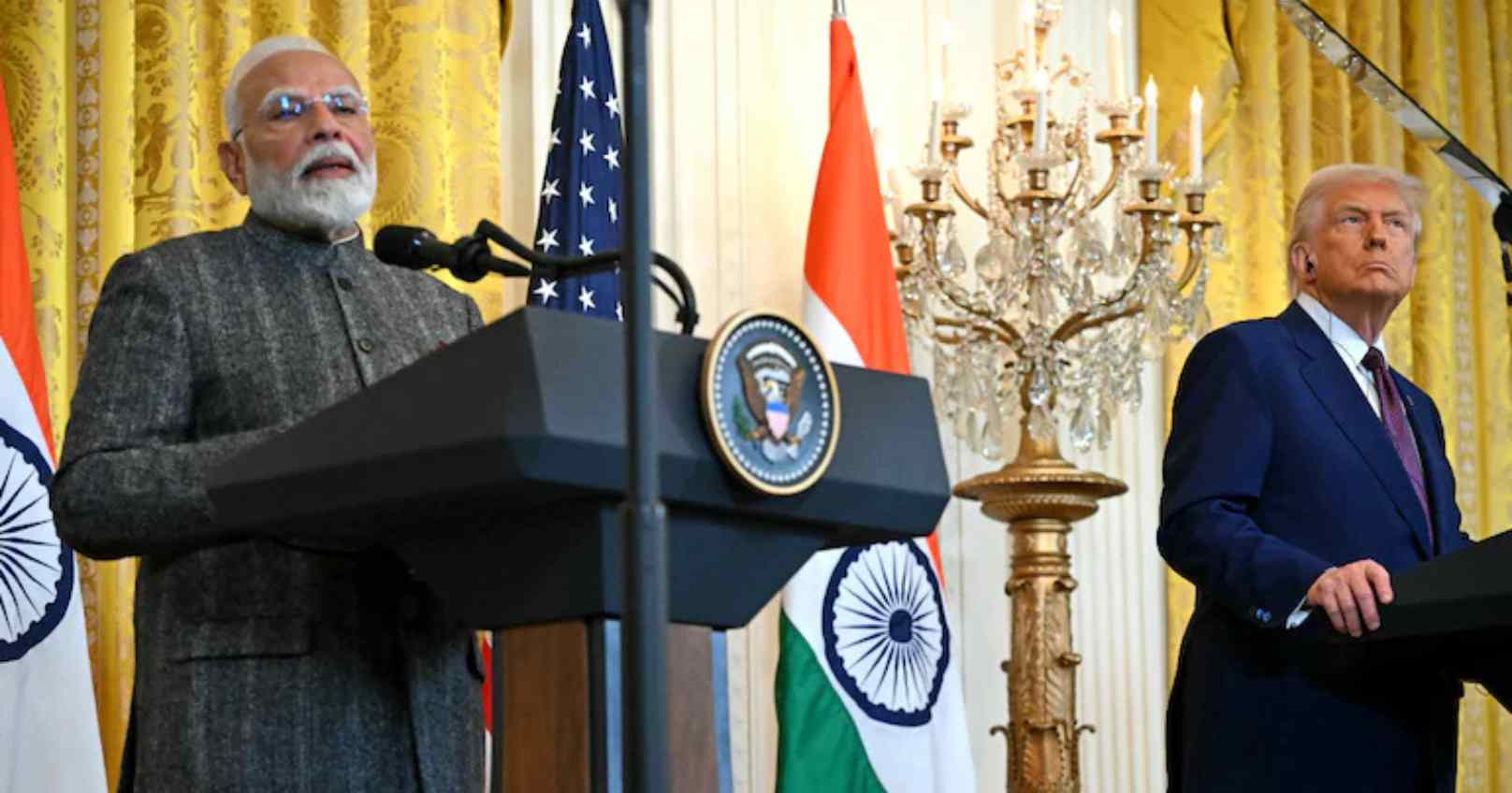On Wednesday, former US President Donald Trump defended a decision made by the Elon Musk-led Department of Government Efficiency (DOGE) to withdraw a $21 million fund previously allocated to support voter participation efforts in India. Trump questioned the necessity of such aid, citing India's economic progress and high tariffs.
Speaking at Mar-a-Lago after signing a series of executive orders, Trump said, “Why are we giving $21 million to India? They have plenty of money. They impose some of the highest tariffs on us; it’s hard for our businesses to operate there. I respect India and its Prime Minister, but $21 million for voter turnout? That doesn’t make sense.”
The Department of Government Efficiency, established under Trump’s leadership to monitor and reduce government expenses, announced the funding cut on Sunday as part of its comprehensive budget reduction strategy. The department revealed that $723 million in foreign aid had been trimmed, which included the $21 million fund for voter outreach in India and $29 million intended to bolster Bangladesh’s political environment.
According to DOGE, these funding cuts align with their goal of eliminating non-essential spending.
Trump’s remarks followed comments from Indian economist Sanjeev Sanyal, a member of the Prime Minister’s Economic Advisory Council. Sanyal had criticized the fund allocation, describing the United States Agency for International Development (USAID) as the “biggest scam in human history.”
Taking to social media, Sanyal wrote, “I would like to know who received the $21 million aimed at increasing voter turnout in India, the $29 million for strengthening Bangladesh’s political system, and the $29 million for fiscal federalism in Nepal. USAID is the greatest scam ever.”
Former Chief Election Commissioner of India, S.Y. Quraishi, also weighed in on the issue, refuting claims that the US had financially supported efforts to increase voter participation in India during his tenure.
Addressing the matter on social media, Quraishi clarified, “A media report suggesting that an MoU was signed in 2012 when I was CEC, involving a US agency providing funds worth millions to enhance voter turnout in India, is completely baseless.”
The ruling Bharatiya Janata Party (BJP) also entered the conversation on Sunday, raising concerns about potential foreign interference in India’s electoral processes. The party questioned who stood to benefit from such external involvement.
The controversy has ignited broader debates about the appropriateness of international funding in domestic political affairs and the transparency of such financial flows.







